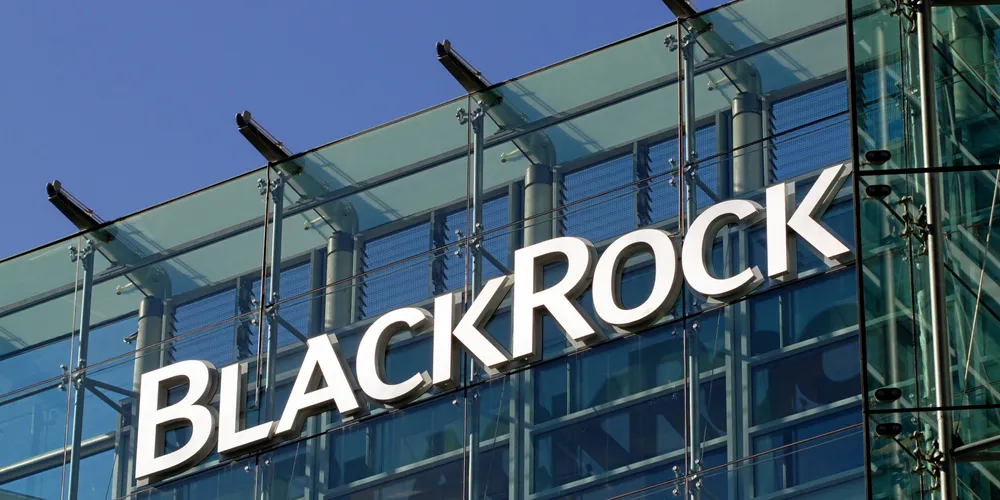BlackRock says reforms can unleash $4tn in green investment for emerging markets
Climate financing for emerging markets will be key issue at upcoming COP28 summit in United Arab Emirates

Climate financing for emerging markets will be key issue at upcoming COP28 summit in United Arab Emirates
